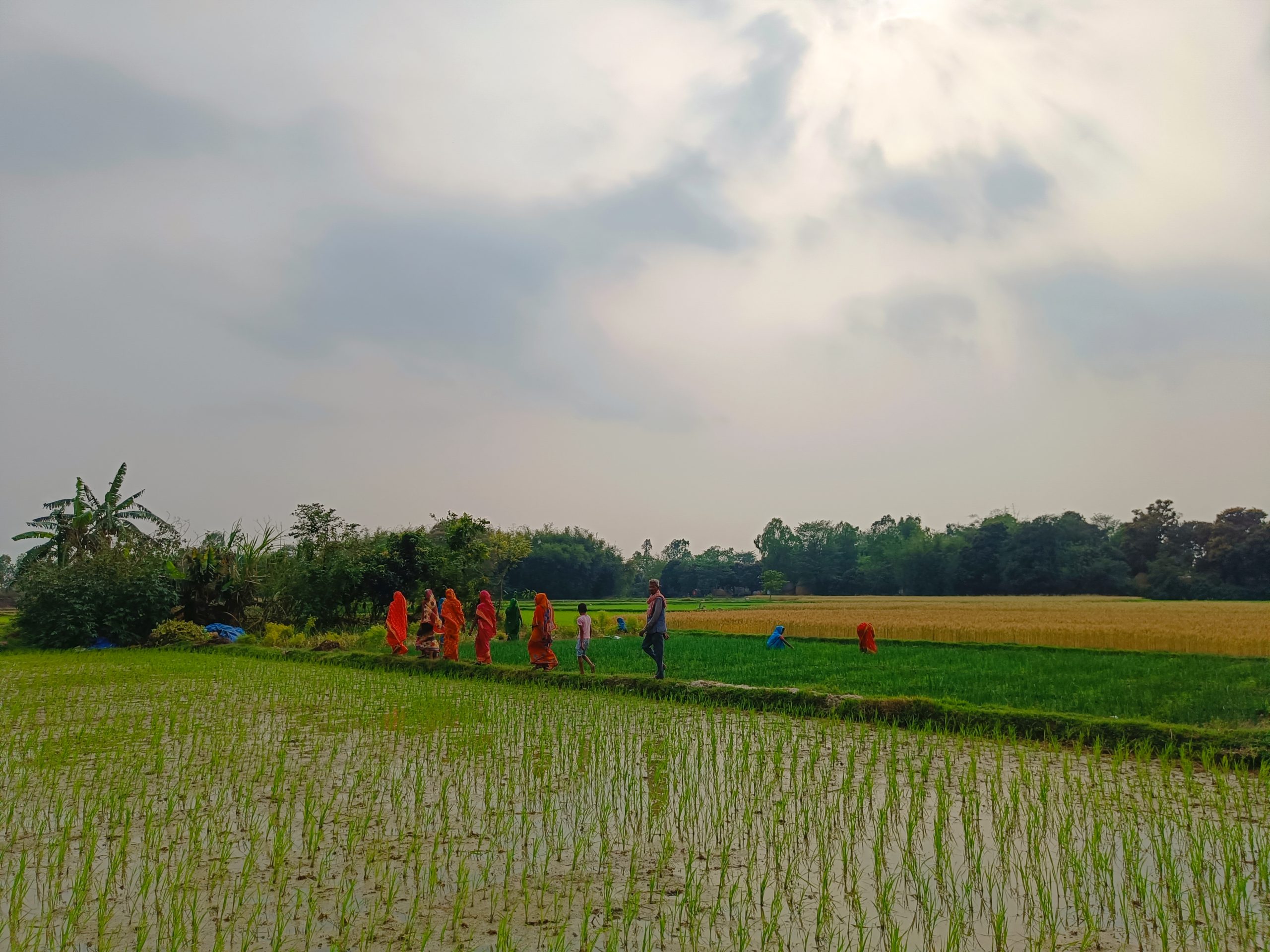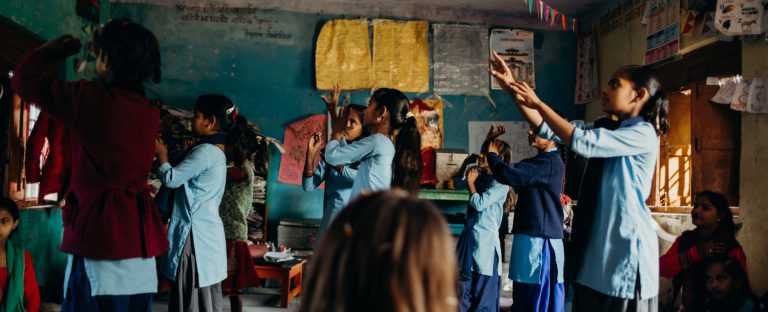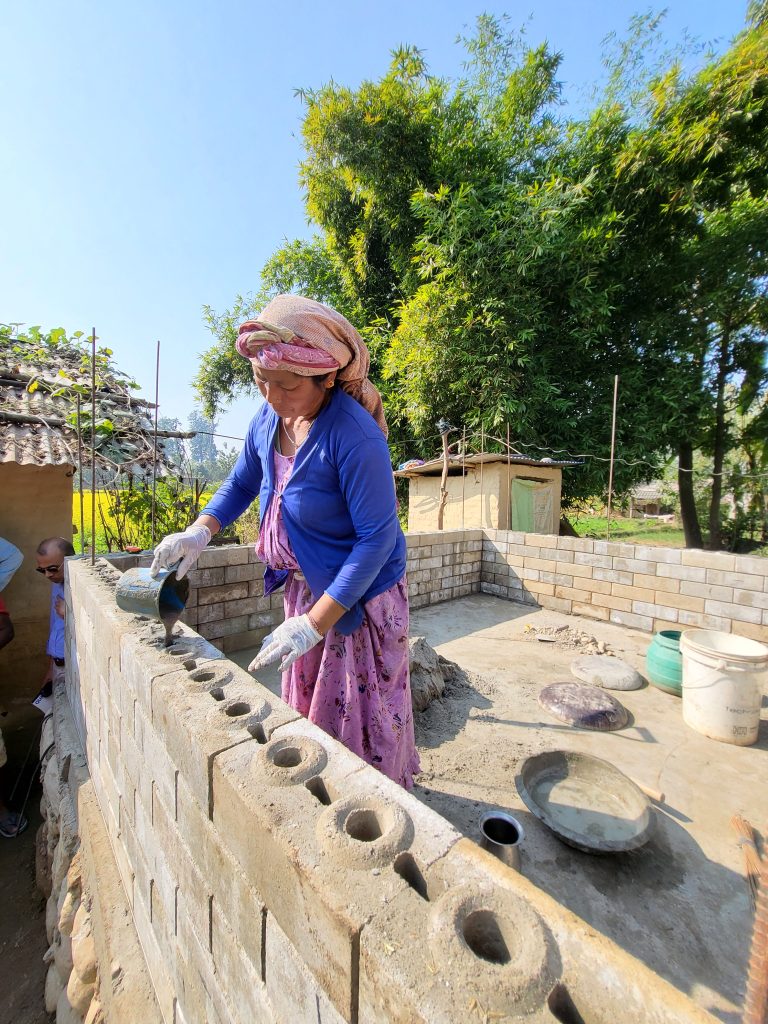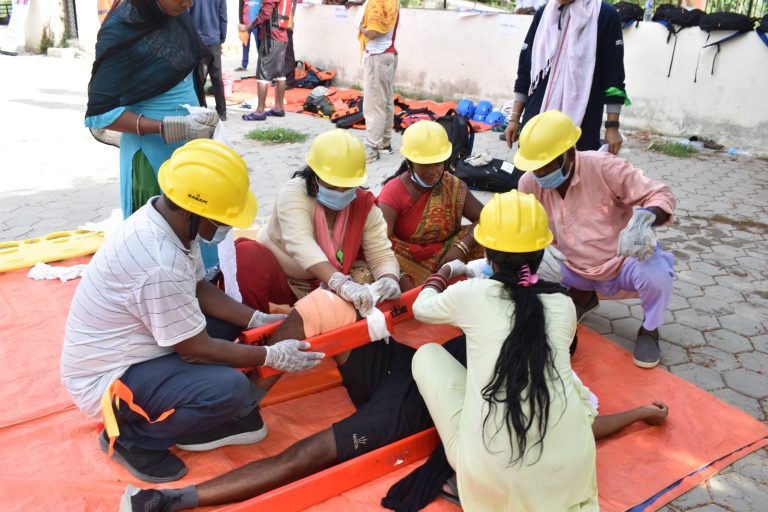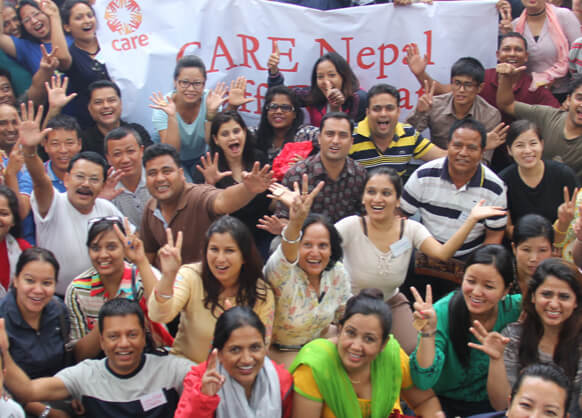Climate Change Adaptation
Brief Overview
The project aims to establish women and girls-responsive, climate smart villages in Madhesh province, Nepal, benefiting 12,500 small-scale and landless women, youth, and marginalized farmers. By promoting climate smart practices, the project seeks to enhance climate change adaptation capacities while reducing greenhouse gas emissions. Through mobilizing civil society and engaging with local government representatives, the project aims to integrate community concerns into local disaster and climate resilient plans and sectoral policies, ensuring long-term sustainability.
The project will strengthen climate adaptation capacities among target communities, leading to enhanced agricultural productivity, protection of natural resources, and reduction of greenhouse gas emissions. Practices such as agroforestry, nature-based disaster risk reduction, and alternative household energy options will contribute to biodiversity conservation and carbon sequestration, fostering climate resilience in Madhesh Province.
Problem Analysis
Nepal, ranked among the most climate-affected countries, faces significant vulnerabilities due to its mountainous terrain and reliance on agriculture. Madhesh Province, with high poverty rates and dependence on small-scale farming, is particularly vulnerable. Climate stresses, coupled with socio-economic challenges, exacerbate the plight of marginalized groups, including women, youth, and Dalits, leading to reduced agricultural productivity and increased vulnerability to climate-related risks.
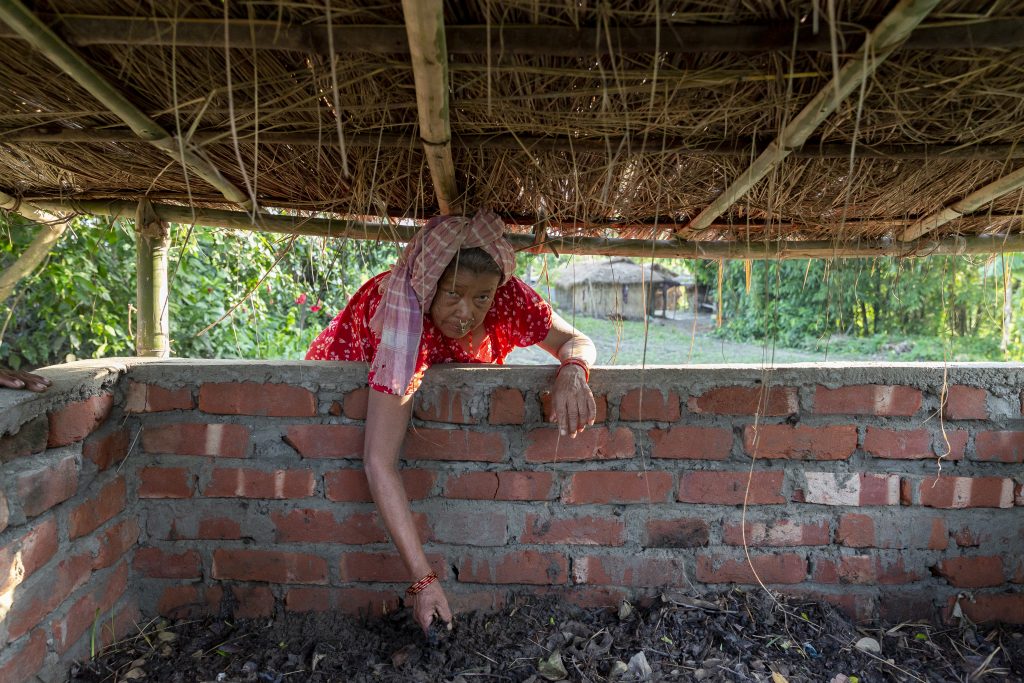
Objective
The project aims to create women and girls-responsive, climate smart villages through the adoption of climate-smart agriculture practices and advocacy for climate just policies. It will empower marginalized farmers, enhance their adaptive capacities, and integrate their priorities into local policies and plans. By fostering climate resilience and reducing greenhouse gas emissions, the project will contribute to sustainable development and food security in Madhesh Province.
The goal is to promote climate-resilient farming communities with low GHG emissions in Madhesh Province. Outcomes include the adoption of climate-smart practices by farmers and the integration of climate justice into local policies and plans, leading to the creation of Climate Smart Villages. By empowering marginalized groups and enhancing their adaptive capacities, the project aims to ensure equitable access to resources for climate resilience beyond its implementation period.
Program Participants/Stakeholders
The project targets small-scale and landless women, youth, and marginalized farmers, prioritizing the most vulnerable groups. It directly engages 500 farmers groups, benefiting 12,500 individuals and their families. Additionally, local government representatives, youth organizations, civil society, and private sector actors will be involved in policy development and implementation. Women, girls, and youth will play pivotal roles in tackling climate change through leadership and active participation.
Environmental Social and Gender (ESG) Safeguards
The project adopts social safeguards to ensure equity, non-discrimination, and human rights. It prioritizes the needs of marginalized communities, promotes gender equality, and fosters inclusive participation. Environmental safeguards focus on biodiversity conservation, resource efficiency, and pollution prevention. Indigenous communities' rights and interests are respected, and contextual adaptation ensures appropriateness of interventions.
Contribution to SDGs
The project contributes to multiple Sustainable Development Goals (SDGs), including Climate Action, Women and Girls Equality, Zero Hunger, and Reduced Inequalities. By enhancing climate resilience, promoting gender equality, and fostering inclusive development, the project aligns with the global agenda for sustainable development, driving progress towards a more equitable and resilient future for Madhesh Province, Nepal.

